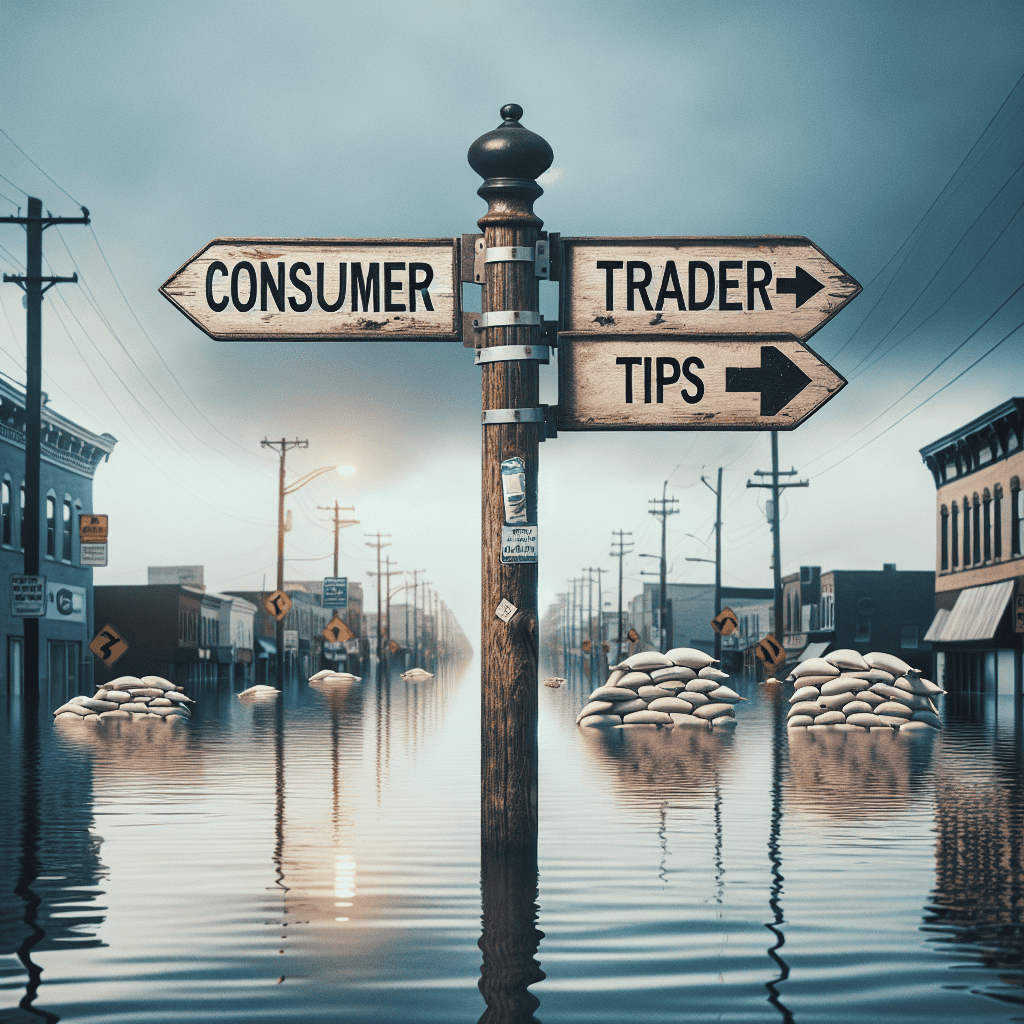Flooding remains a persistent challenge for communities in Fiji, especially during the adverse weather season from November to April. While immediate recovery efforts focus on safety, the aftermath raises significant concerns regarding the quality and safety of food, household items, and essential goods. Both consumers and traders have a critical role in ensuring public health in the wake of these disasters.
This article delves into the responsibilities of consumers and traders following flooding events, drawing on insights from the Consumer Council of Fiji. Key areas of focus include food safety, the impact of power outages on frozen goods, and ethical considerations related to pricing during crises.
One of the most pressing issues is food safety. In the aftermath of flooding, it is common for traders to offer flood-damaged goods at discounted prices. Consumers are strongly advised to inspect all food items carefully, paying close attention to the integrity of packaging and expiration dates. Past reports have indicated that staple goods, including flour, rice, and fresh produce, have been sold despite being contaminated by floodwaters. Such practices are not only unethical but also illegal under Fiji’s Food Safety Act, which serves to protect public health.
Power outages, frequently accompanying adverse weather conditions, further complicate matters by putting frozen foods at risk. Consumers should check frozen items for spoilage, looking for signs like discoloration, unusual odors, or excessive ice build-up. If there is any doubt about the quality of these products, it’s safer not to purchase them.
In addition to food safety, consumers need to be wary when purchasing second-hand furniture or household items post-flood. Invisible damages can linger, such as mold or structural weakness. Traders, too, should be transparent about the history and condition of items being sold. Maintaining consumer trust by disclosing potential damages is important for fostering community resilience.
Another critical issue is price gouging, which often surfaces in the aftermath of disasters. As demand for essential items like candles and batteries increases, some traders may exploit consumers by inflating prices. Such actions are prohibited under the FCCC Act. Consumers are encouraged to document instances of price inflation by keeping receipts or taking photos and reporting these to authorities.
For consumers considering second-hand vehicles, thorough inspections are vital, preferably with a certified mechanic, to assess for any flood-related damages. This preventive measure can save consumers from costly repairs in the future.
In conclusion, the path to recovery following flooding involves shared responsibility between consumers and traders. By staying informed and adhering to ethical practices, both parties can contribute to a safer community. The Consumer Council of Fiji remains committed to supporting consumers through these challenges and emphasizes the importance of vigilance and accountability during these trying times. Together, by working collaboratively and supporting one another, the community can strengthen its resilience and move forward positively.

Leave a comment